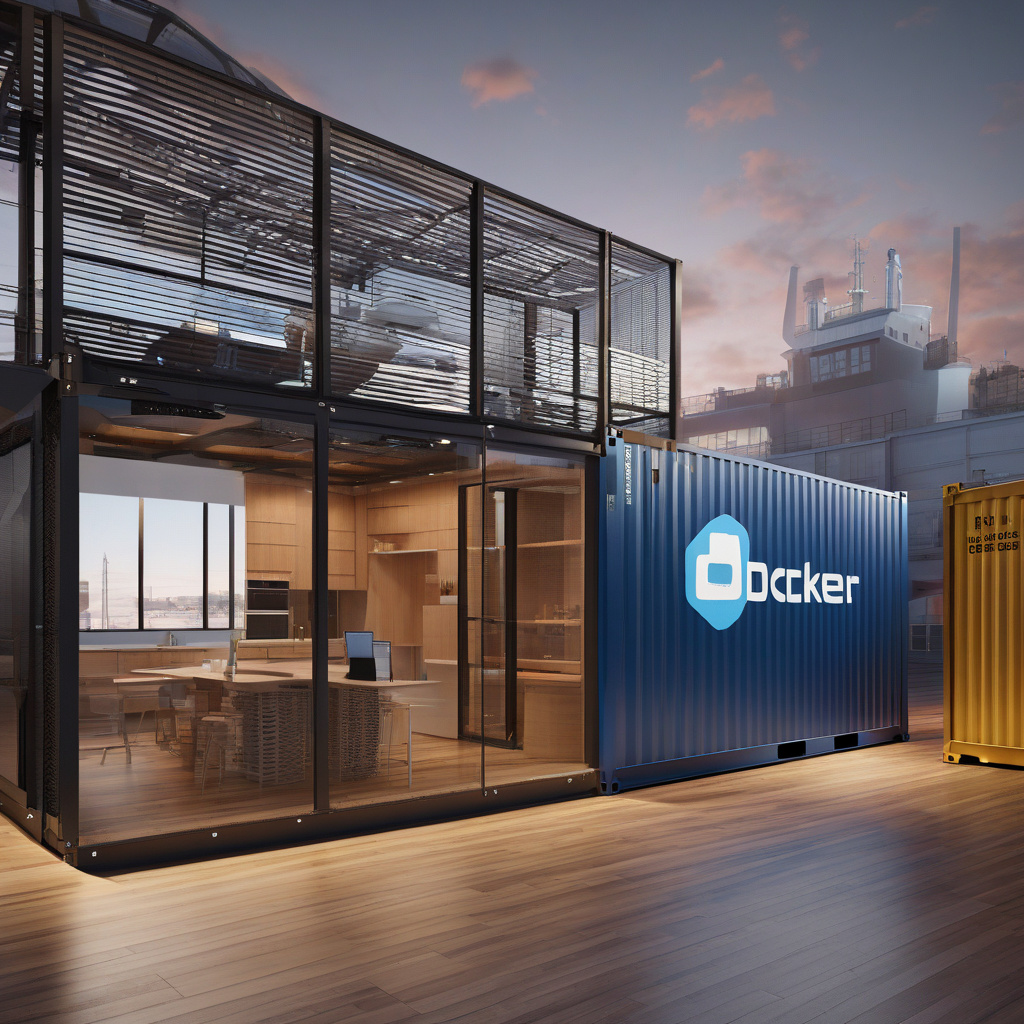In the world of containerization, Docker has been a game-changer, offering developers a way to package their applications along with all dependencies into a single unit that can run seamlessly across different environments. The traditional method of building Docker images using the ‘docker build’ command has been the go-to approach for many. It’s reliable, it’s familiar, but it does have its limitations, especially when dealing with intricate applications composed of multiple interconnected components.
This is where Docker Bake steps in as a modern solution to streamline the container building process. Docker Bake is a versatile tool designed to tackle the challenges posed by complex applications, enabling developers to structure multi-stage and parallel image building in a more organized and efficient manner.
So, what sets Docker Bake apart from the conventional ‘docker build’ method? One of the key advantages of Docker Bake is its ability to handle intricate application architectures with ease. By providing a more structured approach to building images, Docker Bake simplifies the management of interconnected components, dependencies, and build stages. This not only enhances the clarity of the build process but also reduces the chances of errors creeping in, ultimately leading to more reliable and consistent container images.
Let’s delve into some practical examples to illustrate the power of Docker Bake in action. Imagine you are working on a microservices-based application with multiple services that need to be built and deployed independently. With Docker Bake, you can define separate build contexts for each service, allowing you to parallelize the build process and speed up the overall deployment cycle. This level of organization and efficiency is crucial, especially in modern development workflows where agility and speed are paramount.
Moreover, Docker Bake’s support for multi-stage builds adds another layer of flexibility to your containerization strategy. By breaking down the build process into distinct stages, you can optimize each step based on specific requirements, such as minimizing image size, improving caching efficiency, or enhancing security measures. This granular control over the build pipeline empowers developers to fine-tune their images according to the unique demands of their applications, resulting in leaner, more optimized containers.
In conclusion, Docker Bake represents a significant leap forward in the realm of container building, offering a modern and sophisticated approach to managing complex application architectures. By leveraging Docker Bake’s capabilities for organizing multi-stage builds, handling parallel image construction, and optimizing build processes, developers can elevate their containerization workflows to new heights of efficiency and reliability.
So, the next time you find yourself grappling with the intricacies of building complex Docker images, consider giving Docker Bake a try. Embrace this modern tool, and unlock a world of possibilities for smoother, more streamlined container development. After all, in the fast-paced landscape of IT and software development, staying ahead means embracing innovation and adopting tools that can keep pace with the ever-evolving demands of the industry.

